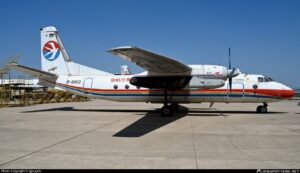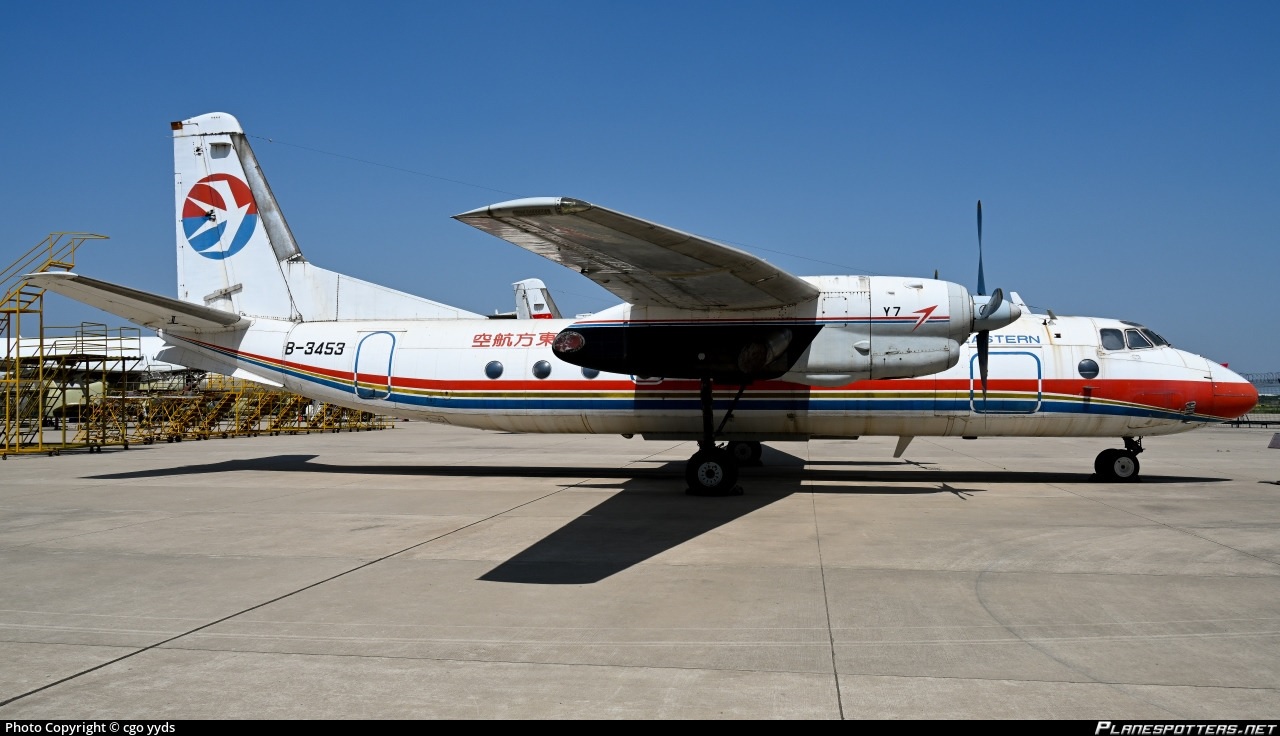China Aircraft Scandal: The Unresolved Case and the Need for Action
The newly streamlined FCID Is busy looking up the files that have collected dust and the perpetrators aree safe,how ever iside sources say that things are going to change soon. Among these investigations that hve been put on hold is the Chinese air craft deal.
Chinese-made MA 60
A major financial scandal involving the purchase of Chinese-made MA 60 aircraft remains unresolved, raising questions about accountability and transparency in Sri Lanka’s aviation sector. The case, initially investigated by the Financial Crimes Investigation Division (FCID), implicated high-ranking officials, including former Civil Aviation Ministry Secretary Ranjith De Silva and former SriLankan Airlines CEO Kapila Chandrasena. Despite extensive inquiries, no concrete legal action has been taken, leaving a trail of unanswered questions and potential financial misconduct amounting to nearly $41 million.
The Controversial Aircraft Deal
In 2009, the Sri Lankan government entered into a commercial agreement with the Chinese government to purchase two MA 60 aircraft. The deal was facilitated by the China National Aero Technology Import and Export Corporation (CATIC), while the Ministry of Ports and Aviation acted as the buyer. Financing for the transaction was provided by the Export-Import (Exim) Bank of China.
However, irregularities soon emerged. According to the FCID, the aircraft were inexplicably transferred to the Sri Lanka Air Force (SLAF) without any official documentation, a move that violated the original agreement. The planes were initially intended for Mihin Lanka, a state-run budget airline that has since ceased operations. The sudden shift in ownership raised red flags, suggesting potential misconduct or misuse of government funds.

Legal Roadblocks and Stalled Investigations
The FCID’s investigation led to a request for mutual legal assistance from China, seeking further information on the transaction and those involved. The request, made by then-SSP Dhammika Priyantha, highlighted the suspicious circumstances under which the aircraft were transferred.
Despite this, legal proceedings have failed to move forward. One of the key figures in the scandal, Kapila Chandrasena, now resides in Australia, complicating efforts to hold those responsible accountable. Additionally, political changes and shifting priorities in law enforcement have further delayed the case, with the FCID’s findings not leading to decisive legal action.
What Should Happen Next?
Reopen the Investigation: Given the financial scale of the transaction and the apparent irregularities, Sri Lankan authorities must resume investigations and pursue legal action where necessary. The FCID’s findings should be reviewed, and any suppressed evidence should be brought to light.
International Cooperation: Sri Lanka should strengthen its legal cooperation with China and Australia to gather more information and, if necessary, extradite key individuals involved in the scandal.
Transparency in Government Contracts: The case underscores the need for stricter oversight in government procurement, particularly in large-scale international deals. Future transactions should be subject to greater scrutiny and independent auditing to prevent similar incidents.
Accountability of Officials: Any government officials found guilty of financial misconduct must face legal consequences. Sri Lanka cannot afford to let corruption in high offices go unchecked, as it erodes public trust and damages international credibility.
Public Disclosure: The government should release all relevant documents and investigation reports to the public, ensuring that citizens are informed about how their tax money was spent and potentially misused.







